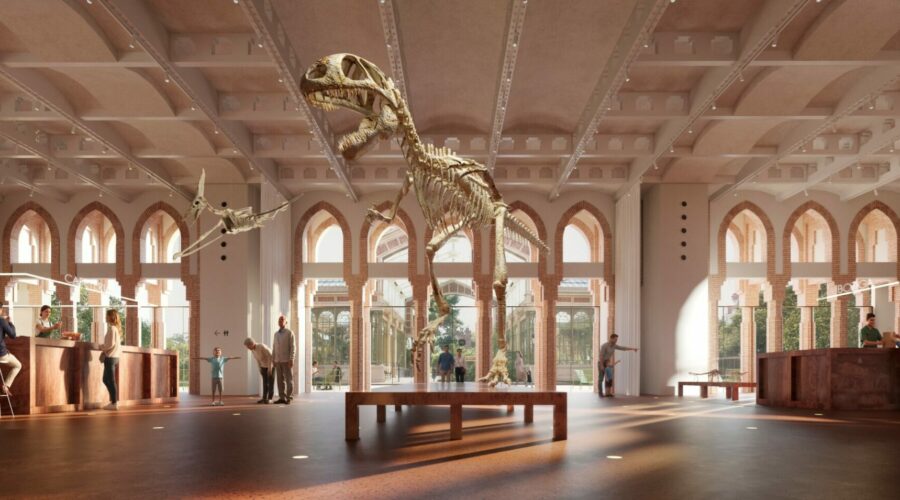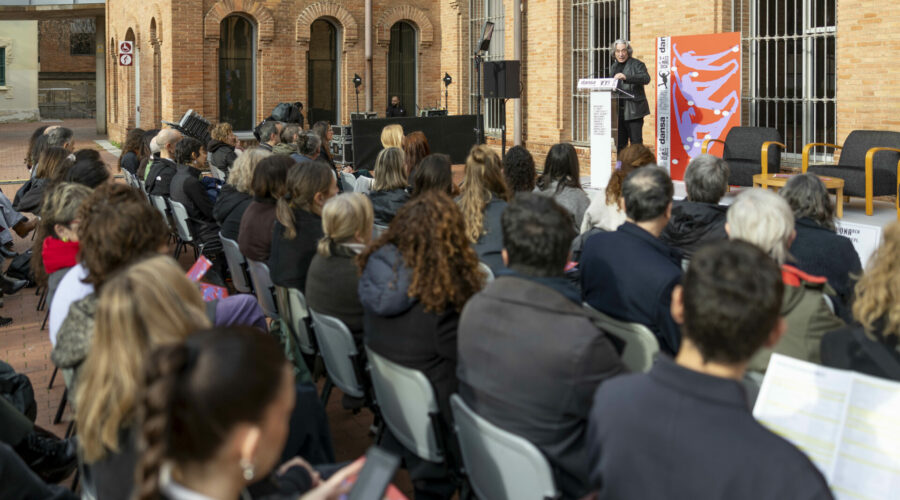 Barcelona is facing an unexpected but worrying invasion: the proliferation of the ant species known as Paratrechina longicornis, also nicknamed “crazy ants”.
Barcelona is facing an unexpected but worrying invasion: the proliferation of the ant species known as Paratrechina longicornis, also nicknamed “crazy ants”.
Despite previous efforts to eradicate them by 2022, recent sightings in Montjuïc and Plaça Catalunya have set off alarm bells among biosecurity experts and the general public.
These ants, native to Africa, receive their curious nickname because of their frantic and erratic behavior when threatened. Unlike other ant species, which follow organized movement patterns, “crazy ants” appear to move chaotically, making them difficult to control and eradicate.
Alert for the invasion of “crazy ants”.
The presence of this invasive species raises serious environmental and health concerns.
Roger Vila, from the biosecurity company Bionet, warns about the consequences of a lack of effective control: “Rapid detection and action can be effective in cases of species invasions, but delays in response can facilitate their spread, with all the environmental and even health consequences that this entails.
In addition to their chaotic behavior, these ants have the ability to form overcrowded colonies and displace native species, which can have a devastating impact on local biodiversity.
But what makes these ants so difficult to control? Their rapid reproduction and ability to adapt to a wide variety of habitats make them a particularly problematic pest.
They feed on live or dead insects, honeydew, seeds and fruits, making them highly adaptable and resistant to many control methods.
In addition to the ecological impact they represent, these ants can also have significant economic and social consequences.
A potential agricultural pest
From an economic point of view, “crazy ants” also represent a threat. They are omnivorous and opportunistic, feeding on live or dead insects, honeydew, seeds and fruits, making them a potential pest for agriculture.
In addition, they can become a nuisance in homes, affecting the quality of life of residents.
The appearance of these new outbreaks of “crazy ants” in Barcelona highlights the importance of vigilance and preventive action in the management of invasive species. Collaboration between authorities, biosecurity experts and the community in general is essential to control and mitigate the impacts of this invasion.
In view of this situation, it is essential that urgent measures be taken to control the spread of this pest and minimize its negative impacts on the environment, the economy and the quality of life of citizens.
Collaboration between local authorities, biosecurity experts and the community at large will be crucial to effectively address this challenge.



